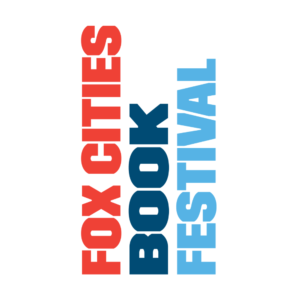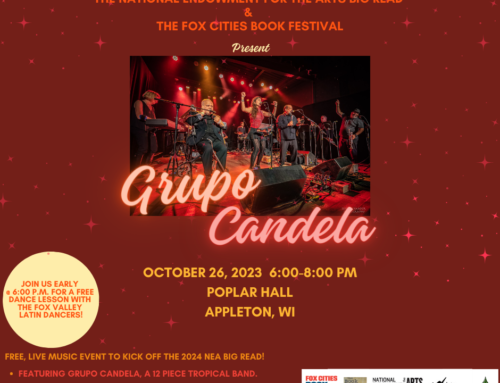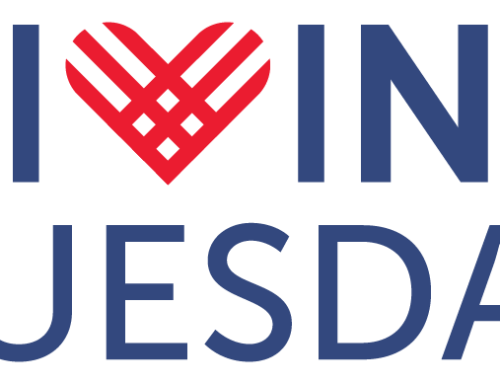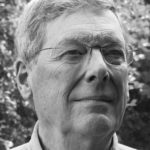 Michael Hittle is an Indiana native and a former professor of Russian history and historical methods at Lawrence University in Appleton, Wisconsin from 1966 until 2001. He spent time in northern Wisconsin in his youth, first visiting at 11. There he found “…rivers clear and lakes full of bigger and meaner fish than I [Hittle] had encountered in Indiana.” Hittle and his wife acquired land on the Turtle-Flambeau Flowage, where they camped with their sons. They later built a cabin which became their second home. After his retirement, Hittle has still been active; he is a sportsman, consevationalist, on the board of the Turtle-Flambeau Flowage, Trude Lake Property Owners’ Association, and is a member of the editorial board of the Trude Lake Property Owners’ Association. Michael Hittle has written The Service City: State and Townsmen in Russia, 1600-1800 and An Accidental Jewel: Wisconsin’s Turtle-Flambeau Flowage. Come hear Hittle discuss his process of how he wrote An Accidental Jewel and how on Earth would you write a biography of a lake on October 9 starting at 4pm at the Appleton Public Library.
Michael Hittle is an Indiana native and a former professor of Russian history and historical methods at Lawrence University in Appleton, Wisconsin from 1966 until 2001. He spent time in northern Wisconsin in his youth, first visiting at 11. There he found “…rivers clear and lakes full of bigger and meaner fish than I [Hittle] had encountered in Indiana.” Hittle and his wife acquired land on the Turtle-Flambeau Flowage, where they camped with their sons. They later built a cabin which became their second home. After his retirement, Hittle has still been active; he is a sportsman, consevationalist, on the board of the Turtle-Flambeau Flowage, Trude Lake Property Owners’ Association, and is a member of the editorial board of the Trude Lake Property Owners’ Association. Michael Hittle has written The Service City: State and Townsmen in Russia, 1600-1800 and An Accidental Jewel: Wisconsin’s Turtle-Flambeau Flowage. Come hear Hittle discuss his process of how he wrote An Accidental Jewel and how on Earth would you write a biography of a lake on October 9 starting at 4pm at the Appleton Public Library.
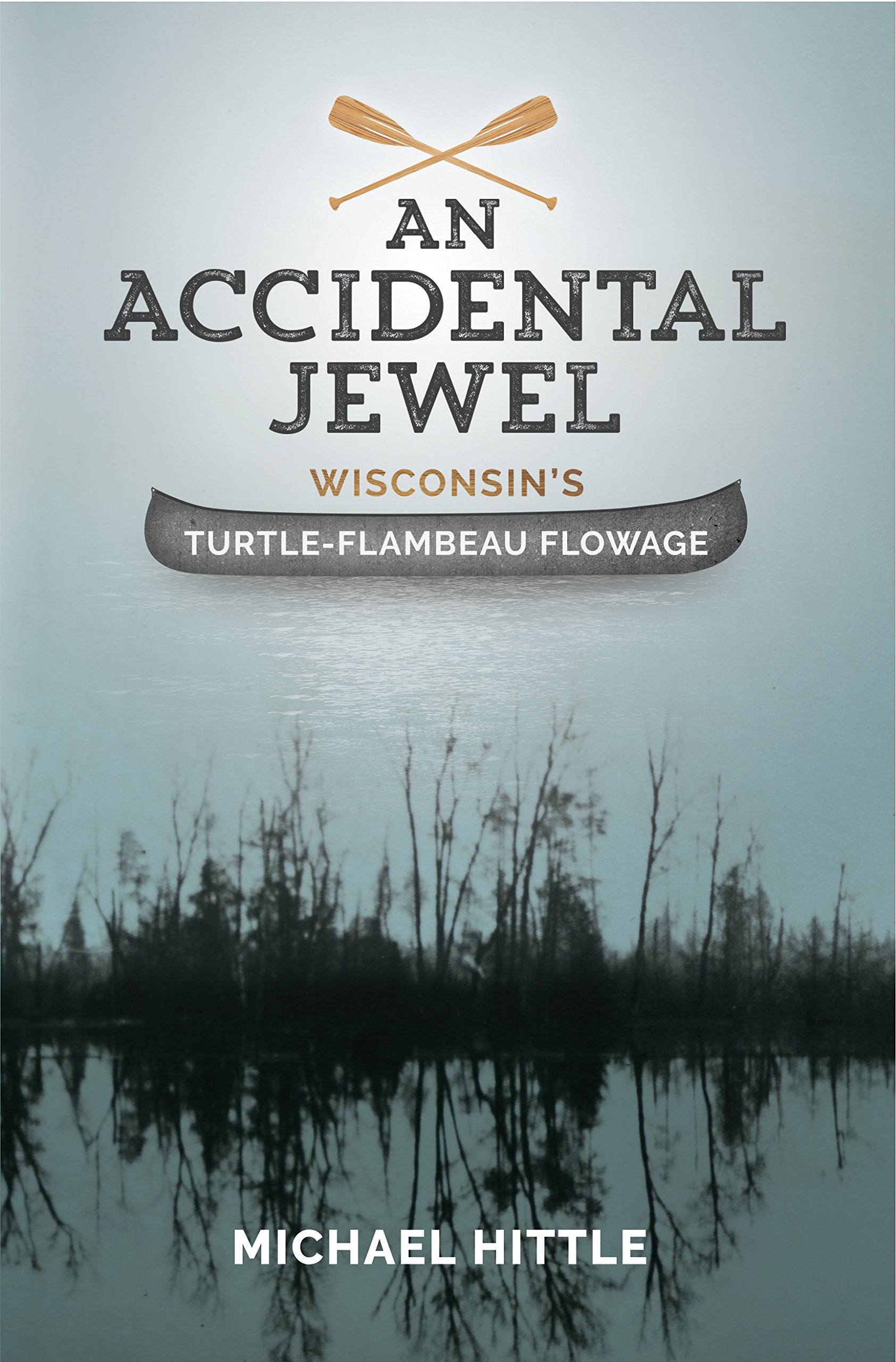
1. Where are you from Michael and what makes you so interested in lakes?
“I grew up in Indiana, where I fished small lakes and muddy rivers. I first visited northern Wisconsin at age 11, where I found the rivers clear and the lakes full of bigger and meaner fish than I had encountered in Indiana.”
2. What inspired you to write An Accidental Jewel:Wisconsin’s Turtle-Flambeau Flowage?
“After retiring from Lawrence [University], I picked up on an invitation, put forth by the DNR Property Manager of the flowage, for someone to write a “history of the flowage.” And so I set out to create what I thought would be a fairly short, typical lake history—a pastiche of photos, letters, postcards and the like, all bound together by a minimum of narrative. But as my research progressed, I realized that the flowage had a unique story that deserved to be told in full. And tell it in full I have—528 pages worth!
3. Tell us a little about An Accidental Jewel.
“Actually, the book really tells two stories. The first is a chronological narrative that turns on an interesting twist of fate. When Governor Tommy Thompson oversaw the state’s purchase of the Turtle-Flambeau Flowage in 1990, he praised its pristine character and called it one of the crown jewels of Wisconsin’s outdoors. But his language hid an historical irony of the first order: these waters, seemingly so natural, were in fact the product of human intervention. In 1926, the Chippewa and Flambeau Improvement Company closed the gates of a newly finished dam at the confluence of the Flambeau and Turtle Rivers in Iron County. The flowage, or reservoir, created by this dam stored and released water for downstream hydroelectric plants and for paper mills. Conservationists initially condemned the project for destroying the upper portion of the Flambeau River and for creating a huge body of water filled with dead trees and awash in driftwood and slash. But the opposition of conservation-minded people melted away over time and eventually was replaced by their whole-hearted embrace of the flowage as a special part of Wisconsin that deserved protection for future generations. How an apparent ecological disaster was transformed into a treasured piece of the Wisconsin outdoors provides the narrative thread of my book. In assembling this narrative, I have sought to place the central moments of the flowage’s development squarely within the broad economic, social, and political contexts in which they took place. I believe that this manner of framing the flowage’s history is a distinguishing feature of my book.”
“The second story is made up of the kinds of day-to-day, and sometimes night-to-morning, experiences that visitors to the flowage have come to expect—and even revere as special moments in their lives. Of course, fishing stands front and center in this story, especially since the flowage developed its own particular fishing culture. But resort life and camping, often closely interwoven with fishing, get their due as well. Finally, this part of the book looks at some of the characters who have woven themselves into the fabric of flowage lore and legend.”
4. Does your book have a message?
“Yes. Human activity created the flowage and shaped its development. There is no reason to believe that that process will stop in the complex world we find ourselves living in. Those who would see the flowage retain as much of its semi-wilderness character as possible cannot afford to stand silent on the sidelines.”

